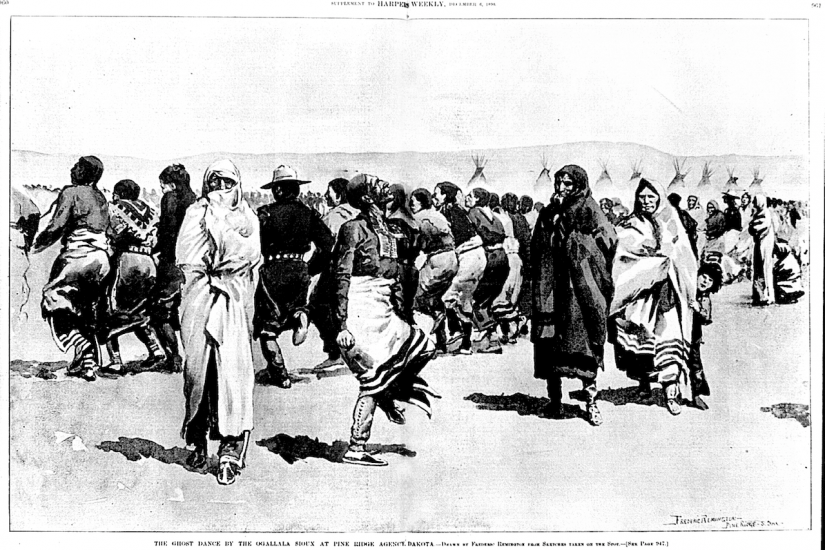In 1930, historian William Warren Sweet wrote that the “conquest of the continent” was America’s greatest accomplishment and its churches’ “greatest achievement” involved “the extension of their work westward.” Drawing on Frederick Jackson Turner’s thesis about the importance of the American frontier, Sweet’s classic and oft-read textbook identified westward movement as fundamentally important to American religion.
Historians of American religions have rightfully turned away from Sweet’s conclusions. Indeed, since the 1960s the study of American religions has been transformed from a sleepy corner of the historical profession to what commentators have identified as an increasingly popular subfield. The scholarship now includes excellent monographs on long-neglected groups, oft-overlooked sources, and is shaped by theoretical insights from critical work on religion, race, gender, ethnicity, and labor. During the field’s much-needed transformation, the frontier faded into the background, at least for a time.
A new generation of scholars has returned to the frontier, bringing with them all the critical tools now available in the subfield. Rather than asking how religion fueled American expansion, they have investigated how the experience of expansion reshaped American religions, those practiced by both settlers and Native people. It’s within this new mode of writing that I set out to study the religious transformations prompted by the invasion and defense of lands inhabited by Kiowa Indians and later designated Indian Territory (and eventually Oklahoma) by Americans.
Americans got their first long-term experiences on Kiowa lands and engagements with Kiowa ritual activity when Quakers were assigned to administer the Kiowa, Comanche, and Apache Reservation in 1869. Ready to engage their fellow humans trapped in “heathen darkness,” Quakers distributed food rations, organized schools, and held meetings for worship among the reservation’s more than 5000 Native occupants. Quaker workers frequently mentioned Kiowa “superstition” as the greatest obstacle to their acculturation of Euro-American habits and assimilation into American life.
Several years later, however, a Quaker administrator saw something he recognized as real religion. Kiowa elders and young men requested that he transcribe a petition for them. They were concerned that American buffalo hunters were devastating the herds. These hunters acted illegally and the Kiowa petitioners implored the federal government to stop them. In the petition, they claimed that Kiowas and the buffalo had been created together, to be like brothers. They argued that one could not live without the other. If the U.S. government failed to protect the herds, Kiowas would also die.
